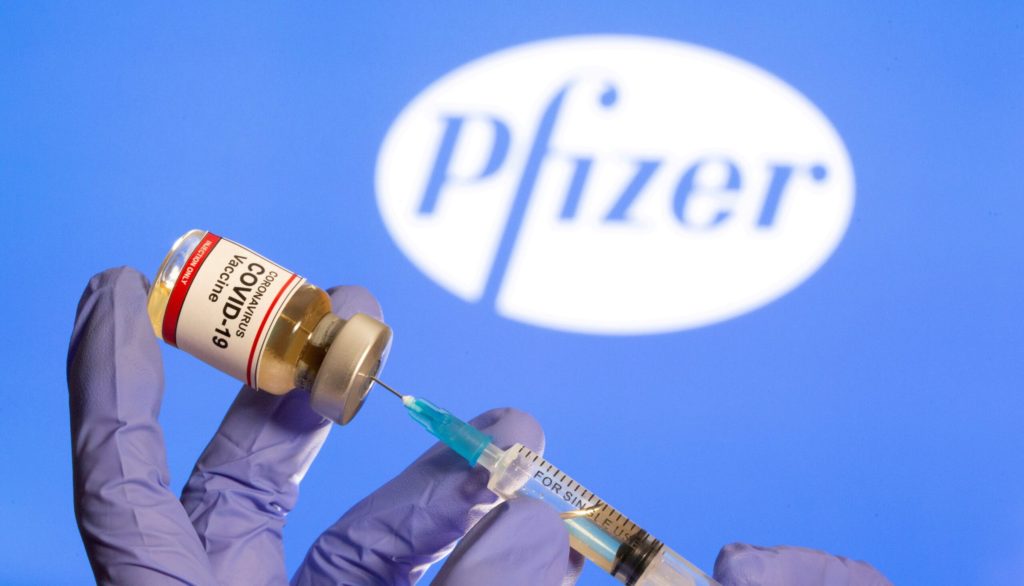If someone were asked on the street if they thought that the whole issue of the pandemic caused by Covid-19 was a simple matter, few would answer in the affirmative.
More than a year has passed since the first cases of what has quickly become a worldwide epidemic were described, and many questions remain unanswered, despite the fact that a large part of the global scientific world has set to work on it in a way that is difficult to find precedents in the history of medicine and scientific research.
It is striking that so many categorical statements appear on social networks about the characteristics of the virus, the immunological reaction it provokes or the management that should be made of the pandemic. In addition to all these questions, there have been some that refer to the ethical aspects of coronavirus infection.
The morality of vaccines
In recent months much has been written about Covid-19 vaccines and their connection with abortion. The subject is a serious one and for this reason the Note published on December 21 last year by the Congregation for the Doctrine of the Faith on the morality of the use of certain Covid-19 vaccines. In reality, what this Note says, at a theoretical level, had already been said by the same Congregation in 2008, in numbers 34 and 35 of the Instruction Dignitas personaein dealing with the use of illicit human "biological material" of illicit origin. However, it was opportune to remember it, because many Catholics are unaware of this text and have doubts about the morality of the use of vaccines against Covid-19..
Different degrees of responsibility
The Note writes something that has been recalled in recent documents of the Magisterium on bioethics: that the Church has no particular competence in scientific matters, and all it does is to offer a light for the discernment of ethical questions. In this case, the question that arises is whether it is licit to use a vaccine in whose production or validation process cell lines from fetal tissue derived from induced abortions have been used.
The brief Note explains, following Dignitas personaewhich in the use of cell lines derived from abortion there are different degrees of liabilityHe gives as an example the different moral assessment of possible actions within a large pharmaceutical company, depending on whether it is the managers who propose its use in certain research or the professionals who do not have decision-making power over the materials to be used.
It then offers the answer to the moral problem that some Christians put on pointing out that it is "morally acceptable to use Covid-19 vaccines that have used cell lines from aborted fetuses in their research and production process."provided that alternative vaccines are not available. made without the use of such cell lines of illicit origin. This condition is currently met in most cases, as potential users cannot choose the type of vaccine, as it depends on the governmental organization.
Could there be cooperation to evil?
The reason used in the document to justify this response is that the type of cooperation in the wrongdoing that could be incurred is remote. When speaking of cooperation to evil (the document uses the moral category "passive material cooperation"), it is not assumed that using the vaccine today implies any causal link with the abortion that was performed thirty or forty years ago, but rather that the use of these cell lines may in some way promote the use of embryonic or fetal material in laboratories.and justify or make more tolerable the destruction of embryos or abortions related to such use.
Moreover, the Note goes on to explain, the moral duty to avoid this type of cooperation is not binding if there is a serious cause, as in this case to avoid the spread of the infection with all its negative consequences. It is important to understand that the reasoning of the Vatican Congregation is not of a proportionalist type, since it starts from the consideration that the object of the act being carried out, that is, the immunization of the population, is morally good. Moreover, as is also explained, this response does not legitimize either the abortions that gave rise to these cell lines or the use of these cell lines..
Is vaccination mandatory?
Another issue addressed by the Note is that of mandatory vaccination.. Here it is important to distinguishing the legal level from the ethical level. The first refers to the indications that the public authority requires from citizens. For the time being, in countries where the vaccine has begun to be used, it is not required by law: it is simply advised. But in some places, or for certain categories of subjects, the public authority could make vaccination compulsory if it considers it necessary for the public good. From an ethical point of view, it is clear that there is a certain moral obligation to avoid infecting others and, as in other infectious diseases, the safest way would be vaccination.. For this reason, the Note states that "the morality of vaccination depends not only on the duty to protect one's own health, but also on the duty to protect one's own health. duty to pursue the common good".
And what about poor countries?
A final ethical problem of no little importance that the Note mentions, albeit very succinctly, is the one that refers to the universal access to vaccines. He speaks of the moral imperative to "ensure that vaccines that are effective and safe from a health point of view, and ethically acceptable, are also accessible to the poorest countries and at no excessive cost to them". A more developed presentation on this subject is given in the recent "Note from the Vatican Commission Covid-19 in collaboration with the Pontifical Academy for Life Vaccine for all. 20 points for a fairer and healthier world" (29.12.2020).








